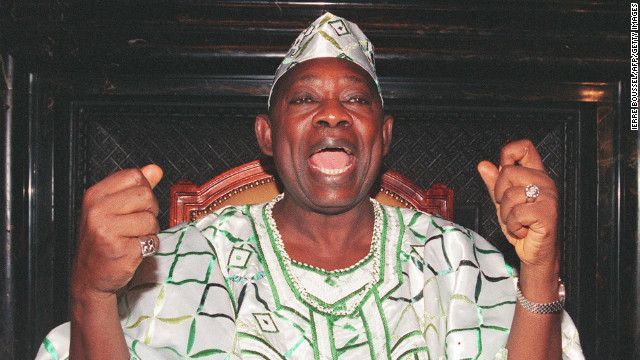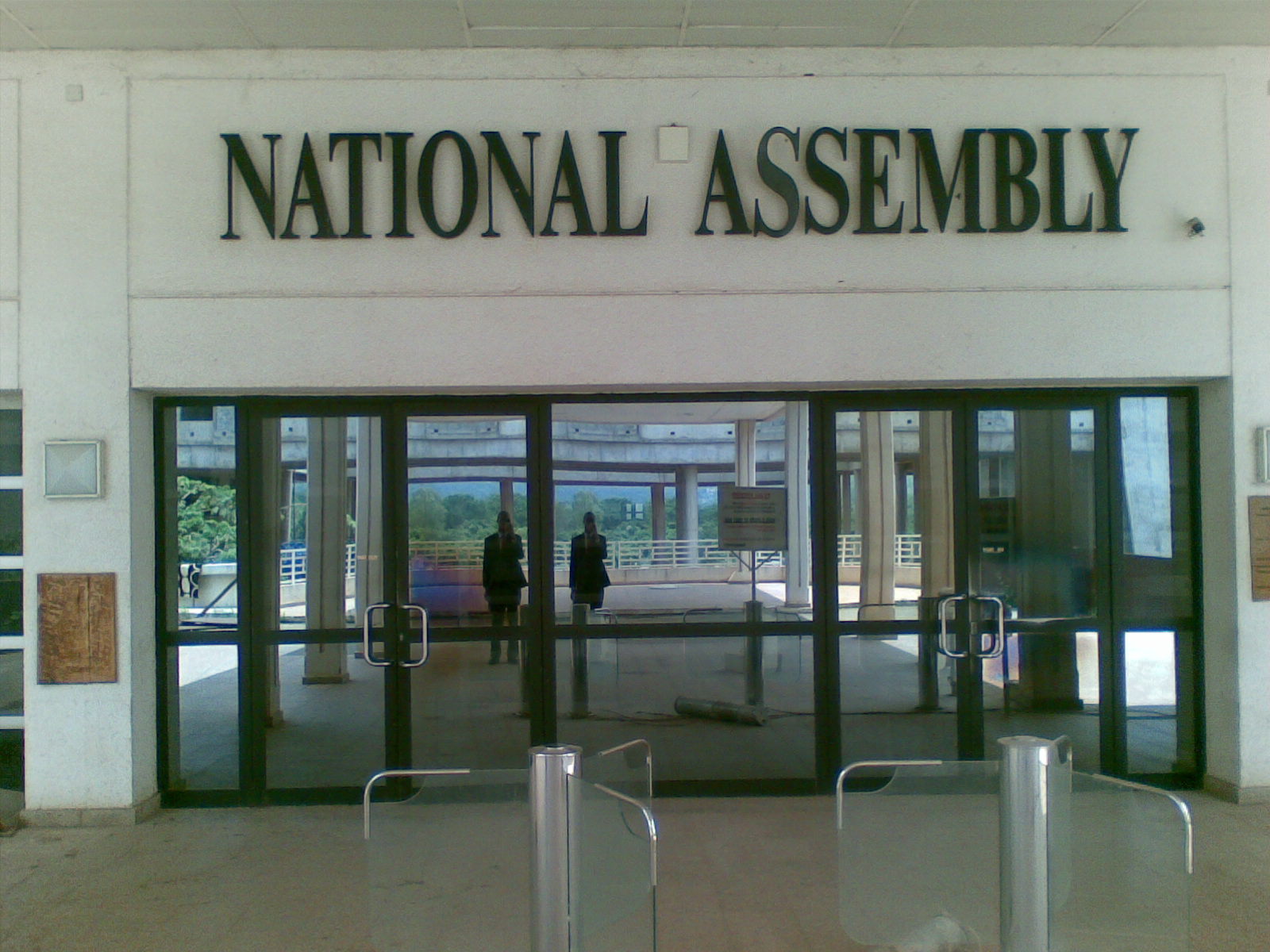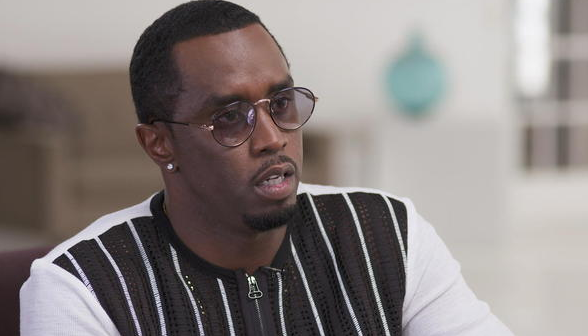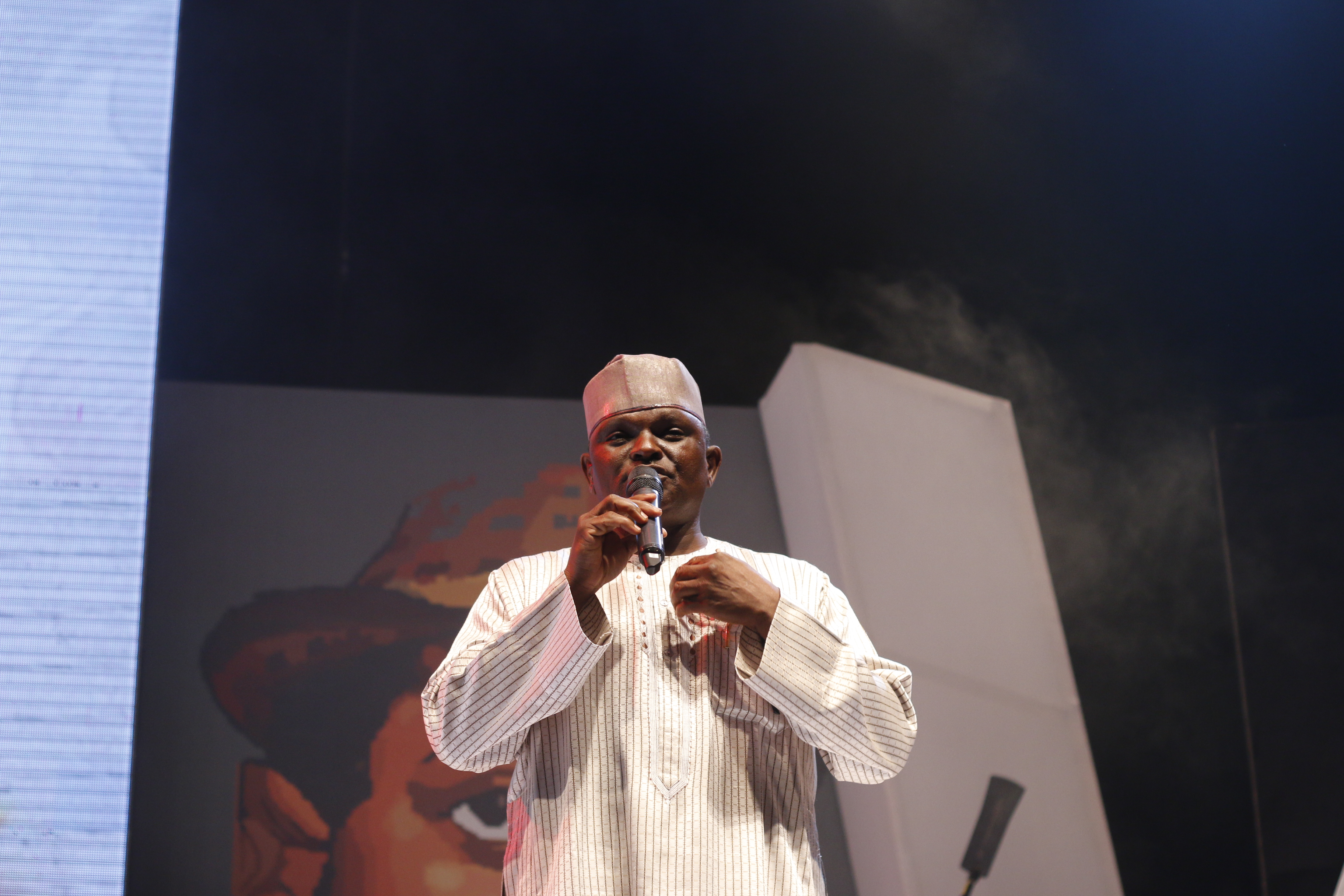BY KAYODE KETEFE
Today, June 12, 2017, Nigerians marks the 24th anniversary of the June 12, 1993 presidential election which the late business mogul, entrepreneur par excellence, philanthropist, sport enthusiast cum promoter and astute politician, Moshood Kashimawo Olawale Abiola, won by a landslide.
On that day 24 years ago, something very unusual happened as Nigerians of all hues, religious persuasions, ethnic sentiments, and ideological biases, in fact, peoples of every shade of Nigerian variegated population, overtly showed a shared common dream for a new Nigeria when they voted en mass for MKO Abiola. That day is now generally accepted as a symbolism of the sovereignty of the peoples of Nigeria and epitome of the invincibility of their collective vision for a strong and viable united nation.
Born on August 24, 1937 in the city of Abeokuta, Abiola’s birth was not greeted with explosive joy and celebrative hullabaloo that normally followed childbirth in this part of the world. The reason is obvious. He was the 23rd child of his parents and since all the preceding 22 offspring had died in their infancy and his parents, smarting understandably from the inexorable feelings of déjà vu, welcomed the new arrival with a good dose of apathy and repressed enthusiasm. Their skepticism for his survival was aptly captured in the name they gave him, “Kashimawo” i.e. “Let us wait and see!”
Advertisement
MKO had a rough beginning as he grappled with poverty after his father’s early death. He resorted to menial jobs like hewing firewood from ancient forest to sell in Abeokuta. He was however determined to survive and he did.
It is a great tribute to human indomitable spirit that the young Abiola, armed with great resource of natural, intellectual talents and the greater asset of unflagging determination, dealt a mortal blow to poverty at a young age; he conquered human wants and deprivation and rewrote the scripts of his life, substituting the negative episodes and scenery of penury, privation, wants and powerlessness with the positives like satiety, prosperity, powers, self-actualisation and escape into elitism.
After self-liberation, Abiola was not contented with fulfillment of his own dream alone, he was impassioned to share the triumph with countless number of human beings who were not so lucky to help themselves out, hence his pursuit of phenomenal altruism and charity.
Advertisement
Now, on the unwarranted controversy as to which of the historical dates of June 12 and May 29 constitutes the real symbolism of popular democracy, this writer would say there is simply no basis for comparison. June 12 simply carries the authentic and superior sanctity; it was an epitome of a contract sealed with blood in contradistinction to May 29, which is nothing but a symbolism of a contract anchored on the quicksand of empty promises if not outright deceits (as shown by the past governments).
Abiola was a legend on two major fronts, among others, – first, through his phenomenal philanthropy, he remained till today the most outstanding altruistic Nigerian dead or alive and if he had done nothing else he would still have been remembered in the annals of great people on our continent.
But he added the second great feat; he made the supreme sacrifice. In a singular devotion to the ideal of liberal democracy, he chose to die instead of relinquishing the political “mandate to lead” given to him by the people in the June 12, 1993 presidential election.
The military authorities did all what they could to buy-off that mandate but Abiola would not budge.
Advertisement
He was incarcerated for many years, held incommunicado, subjected to harrowing experience, legally prosecuted, but the Aare Ona Kakanfo of Yorubaland refused to succumb. He was pressurised, begged, threatened et al, but he would simply not exchange his mandate for personal freedom.
His wife, Kudirat Abiola, a firebrand activist and advocate of democratic ideals in her own right, was brutally murdered by the tyrannical dictatorial regime, Abiola’s business empire suffered great reverses, as he experienced other tragedies that would have broken a mortal of a lesser psychological constitution, but the great Egba man faced all these vicissitudes with stoical resignation and inner calm.
He was often heard to say, “The only entity I fear is Almighty God” but at last, he paid the supreme sacrifice, having died on July 7, 1998 at a youthful age of 60 and in a circumstances that the later generations would definitely have a lot of questions to ask from all those involved, including all those directly and remotely connected.
June 12 1993 presidential election was affirmed to be free and fair by local and international observers. Furthermore, the chairman of the then National Electoral Commission, Humphrey Nwosu, came out several years after Abiola’s death to declare that MKO won the election.
Advertisement
That is why many people feel June 12 every year should be declared a national holiday in honour of Abiola and recognition of the sanctity of democracy. That gesture will show Nigeria still has moral conscience.
Ketefe may be followed on twitter @Ketesco
Advertisement
Add a comment






